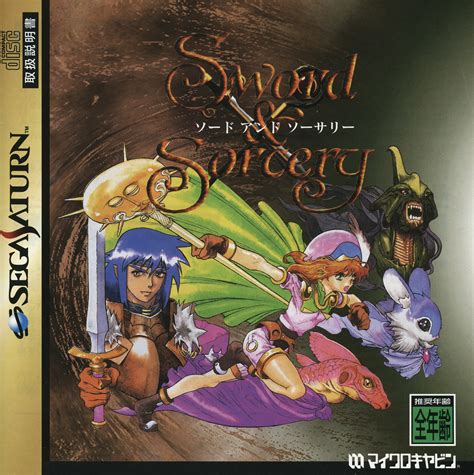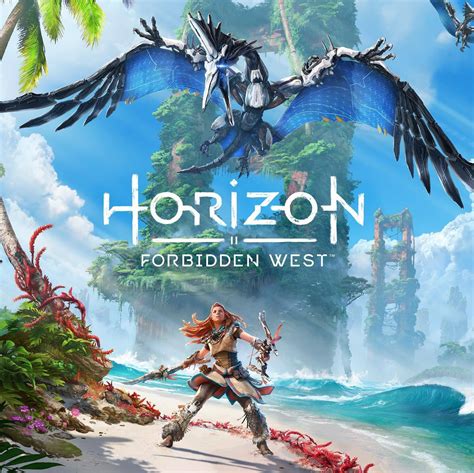Sword and Sorcery Legends

The realm of sword and sorcery legends has captivated audiences for centuries, weaving a rich tapestry of myth and magic that continues to inspire and influence modern fantasy. From the epic poems of ancient Greece to the pulp fiction of the 20th century, this genre has evolved over time, shaped by the contributions of countless authors, artists, and creators. At its core, sword and sorcery is a genre that celebrates the human spirit, pitting brave warriors and cunning rogues against the forces of darkness, with magic and might serving as the ultimate arbiters of fate.
One of the key elements that define sword and sorcery legends is the presence of a heroic protagonist, often a skilled warrior or a powerful sorcerer, who embarks on a perilous quest to vanquish evil and save the world from destruction. These heroes are typically flawed and multifaceted, with their own motivations and conflicts, making them more relatable and human. The likes of Conan the Barbarian, created by Robert E. Howard, and Elric of Melniboné, crafted by Michael Moorcock, are iconic examples of such heroes, whose legendary exploits have become synonymous with the genre.
Key Points
- The sword and sorcery genre is characterized by its emphasis on action, adventure, and fantasy elements, often featuring magical worlds, mythical creatures, and legendary heroes.
- Heroes in sword and sorcery legends are typically flawed and multifaceted, with their own motivations and conflicts, making them more relatable and human.
- The genre has evolved over time, influenced by various literary and cultural traditions, including mythology, folklore, and fairy tales.
- Sword and sorcery has had a significant impact on popular culture, inspiring countless works of fiction, art, and music, and continues to influence modern fantasy and adventure genres.
- The genre's focus on individual heroism and the struggle against evil has made it a timeless and universal theme, appealing to audiences across cultures and ages.
The Evolution of Sword and Sorcery

The evolution of sword and sorcery as a distinct genre is a complex and multifaceted process, influenced by various literary and cultural traditions. The ancient myths and legends of Greece and Rome, with their tales of heroes and monsters, laid the groundwork for the genre’s emphasis on action, adventure, and fantasy elements. The Middle Ages saw the rise of chivalric romances and Arthurian legends, which further shaped the genre’s notion of heroic quests and magical worlds.
The modern sword and sorcery genre, however, is often attributed to the pulp fiction of the early 20th century, particularly the works of Robert E. Howard and H.P. Lovecraft. Their stories, published in magazines such as Weird Tales, introduced readers to a new kind of fantasy, one that was darker, more violent, and more visceral than its predecessors. This pulp fiction era saw the creation of iconic characters like Conan and Solomon Kane, whose exploits have become synonymous with the genre.
The Influence of Mythology and Folklore
Mythology and folklore have played a significant role in shaping the sword and sorcery genre, providing a rich source of inspiration for authors and creators. The myths of ancient civilizations, such as Greek and Norse mythology, have been particularly influential, with their tales of gods and goddesses, heroes and monsters, and magical artifacts and quests. The folklore of various cultures, including European and African traditions, has also contributed to the genre’s diverse array of magical creatures, from dragons and unicorns to trolls and goblins.
| Mythological Influence | Example |
|---|---|
| Greek Mythology | Conan's exploits in the Hyborian Age, inspired by Greek mythology and folklore |
| Norse Mythology | Elric's struggles against the forces of Chaos, drawing from Norse mythology and legend |
| African Folklore | The magical creatures and gods of Charles R. Saunders' Imaro series, inspired by African mythology and folklore |

The Impact of Sword and Sorcery on Popular Culture

The influence of sword and sorcery on popular culture is undeniable, with the genre’s themes, motifs, and characters permeating countless works of fiction, art, and music. From the iconic fantasy films of the 1980s, such as Conan the Barbarian and The Sword and the Sorcerer, to the modern blockbusters like The Lord of the Rings and Game of Thrones, sword and sorcery has inspired a generation of creators and audiences alike.
The genre's impact on literature is equally significant, with authors like J.R.R. Tolkien, George R.R. Martin, and Neil Gaiman drawing inspiration from sword and sorcery's rich tapestry of myth and magic. The rise of fantasy and adventure genres in modern publishing, including the likes of urban fantasy and epic fantasy, owes a debt to the pioneering works of sword and sorcery authors.
The Enduring Appeal of Sword and Sorcery
So why does sword and sorcery continue to captivate audiences, despite the passage of time and the evolution of popular culture? The answer lies in the genre’s timeless themes and universal appeal, which speak to fundamental human desires and fears. The struggle between good and evil, the quest for power and glory, and the pursuit of knowledge and wisdom are all timeless and universal themes that resonate with readers and viewers on a deep level.
The genre's emphasis on individual heroism and the power of the human spirit is also a significant factor in its enduring appeal. In an age of complexity and uncertainty, sword and sorcery offers a refreshing escape into a world of clear-cut morality and straightforward action, where heroes and villains are easily distinguishable and the stakes are always high.
What are the key elements of sword and sorcery legends?
+The key elements of sword and sorcery legends include a heroic protagonist, a magical world, mythical creatures, and a quest to vanquish evil and save the world from destruction.
How has sword and sorcery influenced popular culture?
+Sword and sorcery has had a significant impact on popular culture, inspiring countless works of fiction, art, and music, and influencing modern fantasy and adventure genres.
What is the enduring appeal of sword and sorcery?
+The enduring appeal of sword and sorcery lies in its timeless themes and universal appeal, which speak to fundamental human desires and fears, and offer a refreshing escape into a world of clear-cut morality and straightforward action.
In conclusion, sword and sorcery legends are a testament to the power of human imagination and the enduring appeal of myth and magic. By exploring the evolution of the genre, its influence on popular culture, and its timeless themes and universal appeal, we can gain a deeper understanding of the sword and sorcery phenomenon and its continued relevance in modern times. Whether through literature, art, or film, sword and sorcery will continue to captivate audiences, inspiring new generations of creators and fans alike.



